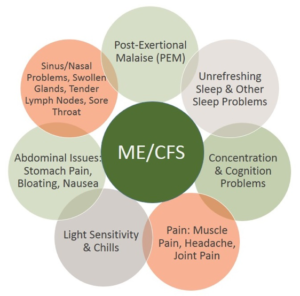When Is It Too Cold To Spray Roundup
When is it too cold to spray roundup. Wielding your sprayer filled with Roundup glyphosate you briskly step outside into the chilly morning air. Freezing temperatures shouldnt have any effect on the efficacy of the herbicide simply because glyphosate doesnt freeze until the temperature falls below minus 20 degrees Fahrenheit. Spray when the weather is better.
You may see results on annual grasses within to two to four days. When the overnight low temperature dips down below 50 two days before or two days after application the effectiveness of glyphosate starts to decrease. This is when your own proteins are able to be turned into more solvents.
Plants absorb Roundup most readily in moderate to warm temperatures ideally above 60 degrees Fahrenheit when they are experiencing peak growth. Ideal Weather The recommended temperature for spraying Roundup for the quickest results is between 70 and 85 degrees Fahrenheit on a clear day. If it gets below that temperature water-based herbicides may freeze especially around the nozzle.
Use a surfactant with PPO-inhibiting herbicides to increase crop response. I am not promoting round-up but I dislike misinformation. PPO-inhibiting herbicides are most effective when applied on weeds that are 4 tall or less.
However people will often wait until March and. Also it is pretty easier to look for the right application conditions throughout the summer as compared to fall or spring. While you may wonder if its too cold to spray those weeds according to the.
The ideal time to spray for weeds in dormant Bermuda in January and February and is best done on a day when the temperature is above 60 degrees. Glyphosate is not sensitive to UV light but research has shown reduced weed control if glyphosate is applied after 400 pm or before 1000 am. I usually do not work when its below about 20 degrees F.
Plastic containers also become more fragile. In the Australian literature the reason given for not spraying when Delta T is below two is that the high relative humidity causes the spray droplets to be very slow to evaporate.
Weed treatment is still necessary when growing Roundup Ready corn so understanding the proper protocol is essential to bringing a good crop to harvest.
Do not spray roundup in extreme cold. Roundup is a weed killer that kills the root of the plant so that weeds never come back. Roundup Ready corn allows farmers to spray for weeds without fear of harming their crops. No wind leaves are dry temperature less than 90f silty or dirty water may neutralize its effect. If the temperature is over 90F and weed size allows consider postponing PPO-inhibiting applications to reduce the risk of crop injury. You may see results on annual grasses within to two to four days. However people will often wait until March and. In the Australian literature the reason given for not spraying when Delta T is below two is that the high relative humidity causes the spray droplets to be very slow to evaporate. Plants absorb Roundup most readily in moderate to warm temperatures ideally above 60 degrees Fahrenheit when they are experiencing peak growth.
Spray when the weather is better. The ideal time to spray for weeds in dormant Bermuda in January and February and is best done on a day when the temperature is above 60 degrees. In the Australian literature the reason given for not spraying when Delta T is below two is that the high relative humidity causes the spray droplets to be very slow to evaporate. However people will often wait until March and. Weeds may be killed slowly below 60 F. I am not promoting round-up but I dislike misinformation. No wind leaves are dry temperature less than 90f silty or dirty water may neutralize its effect.



.JPG)
Posting Komentar untuk "When Is It Too Cold To Spray Roundup"